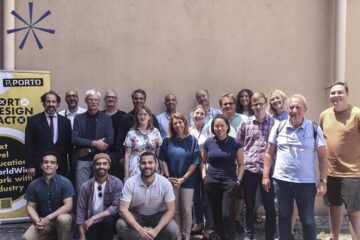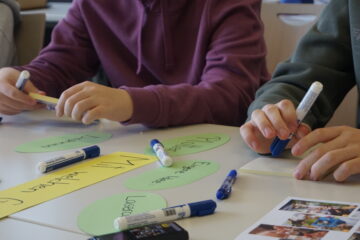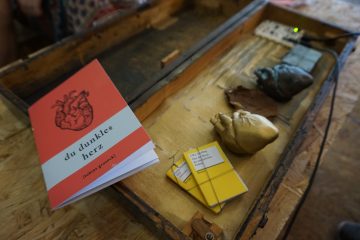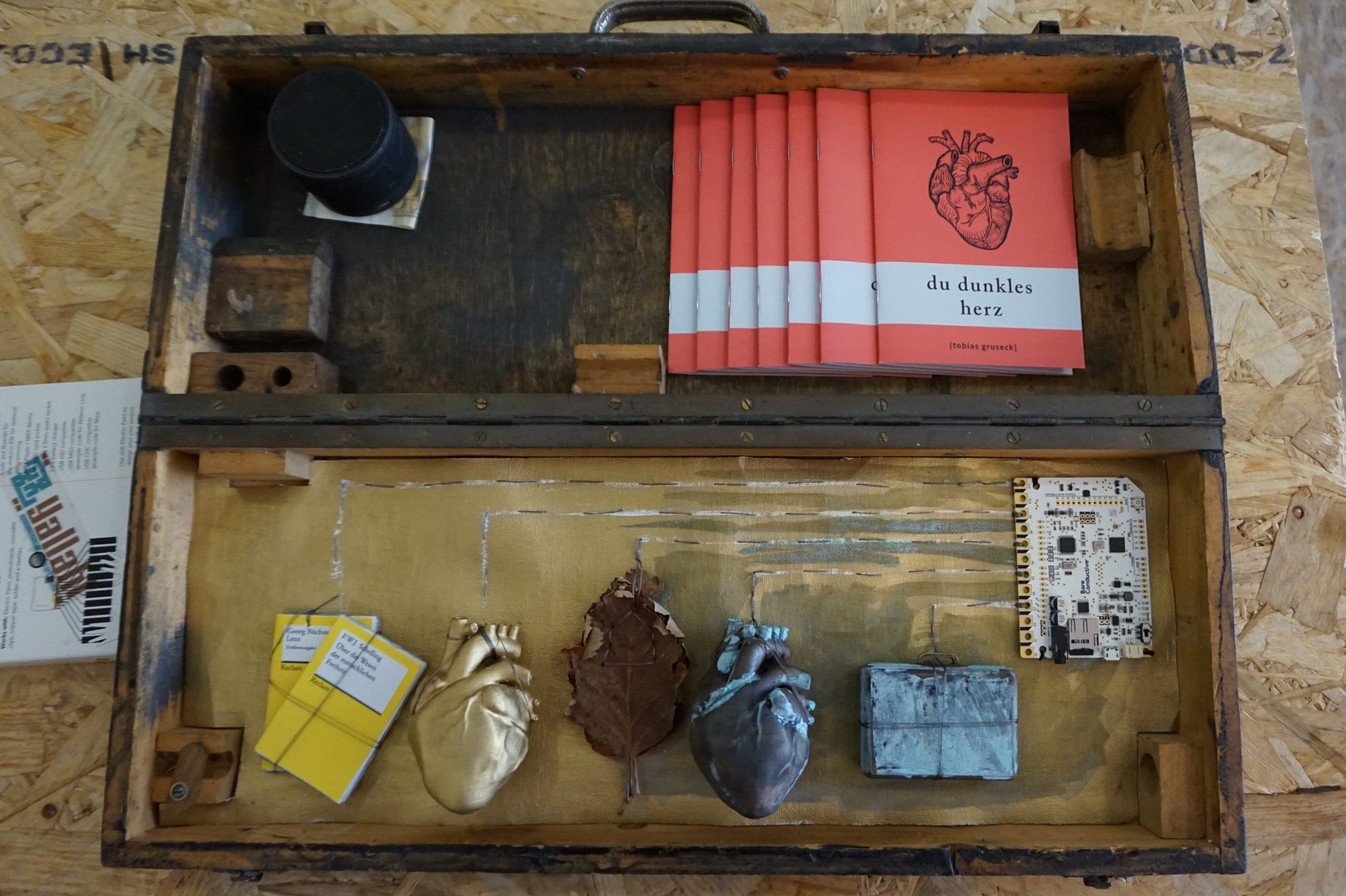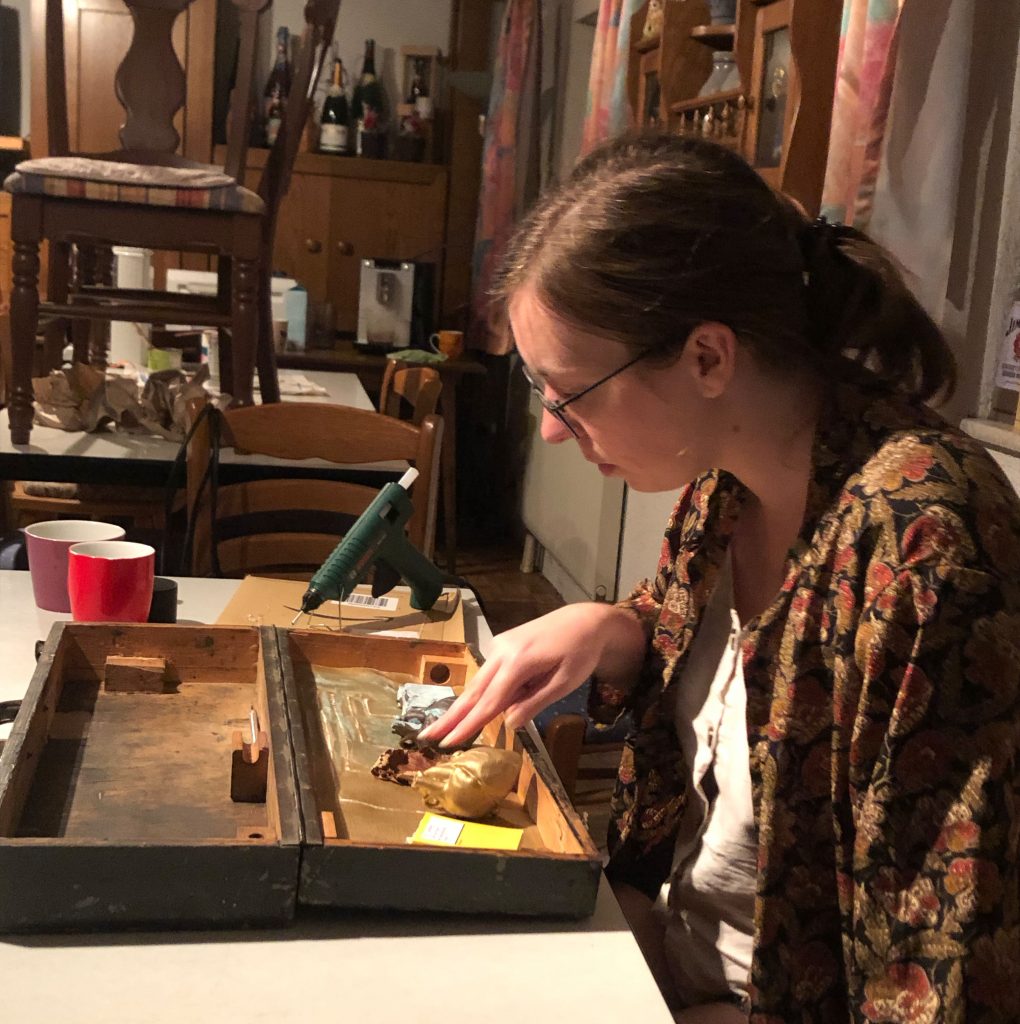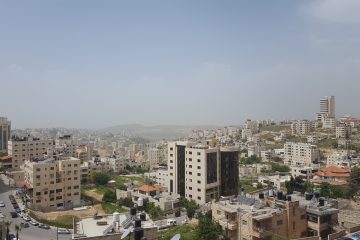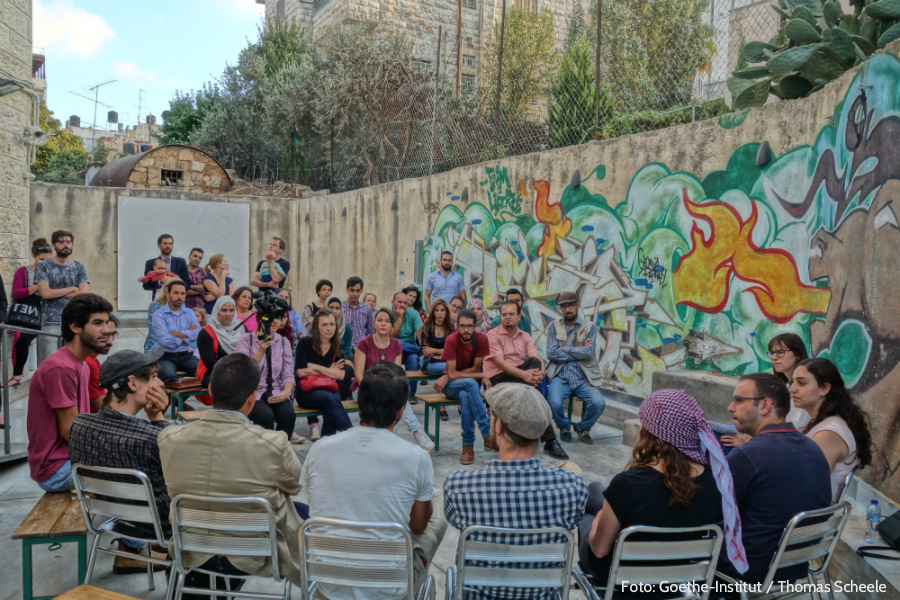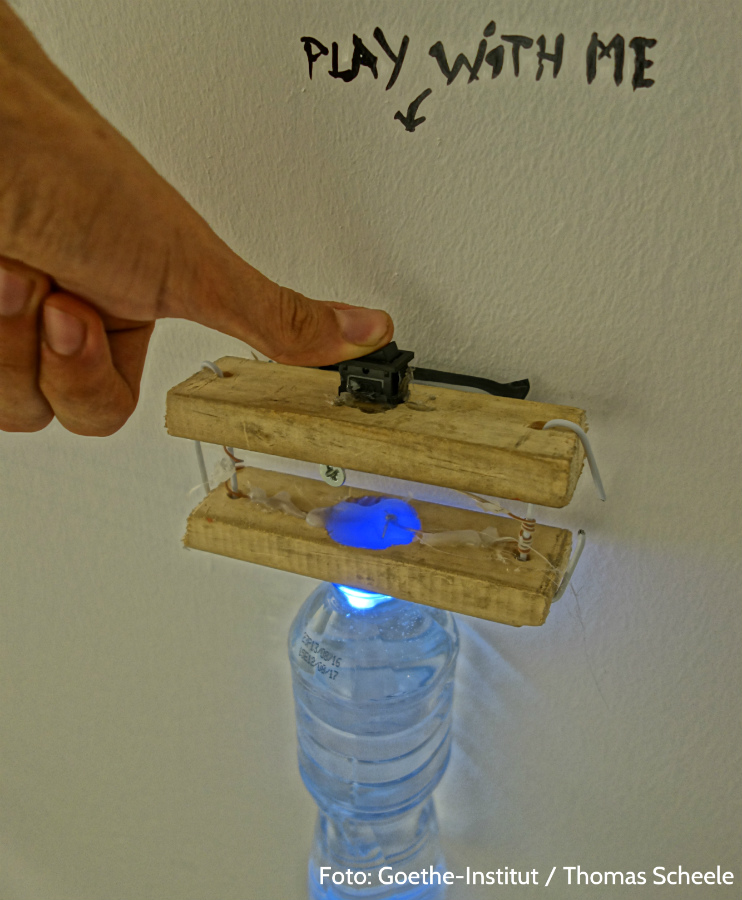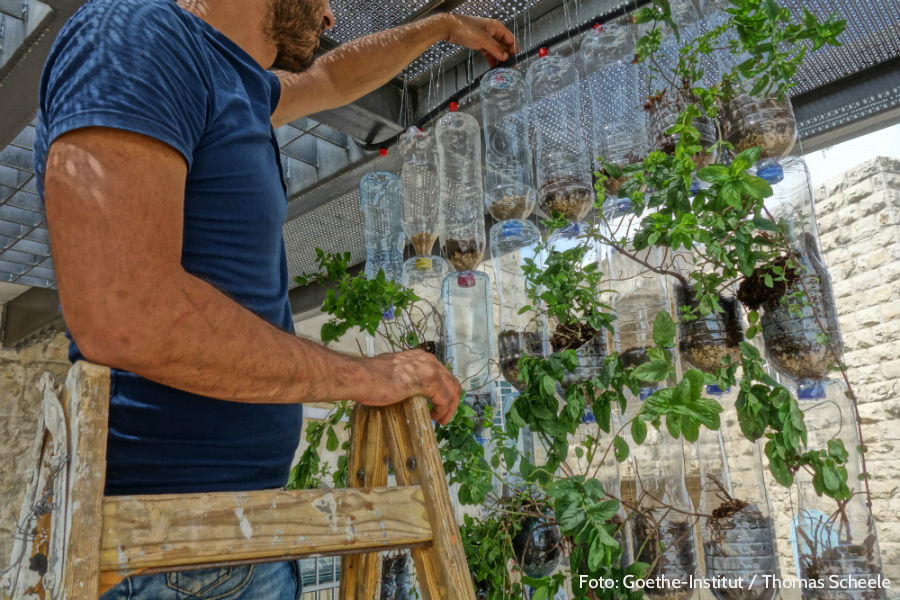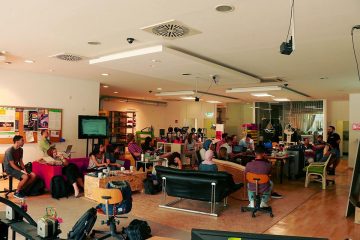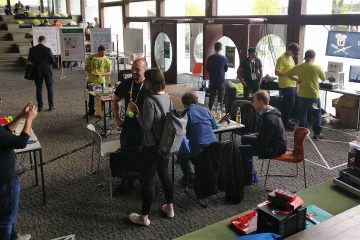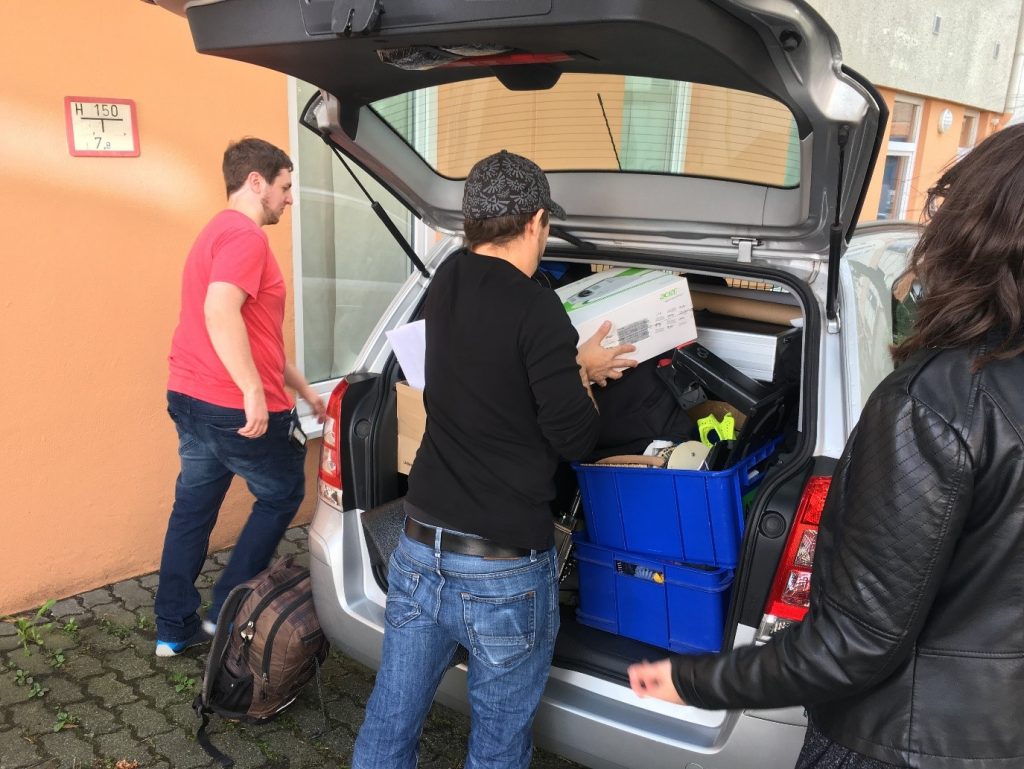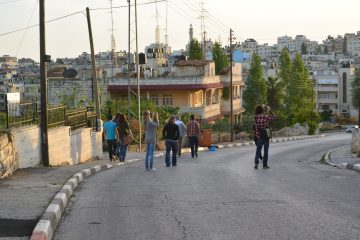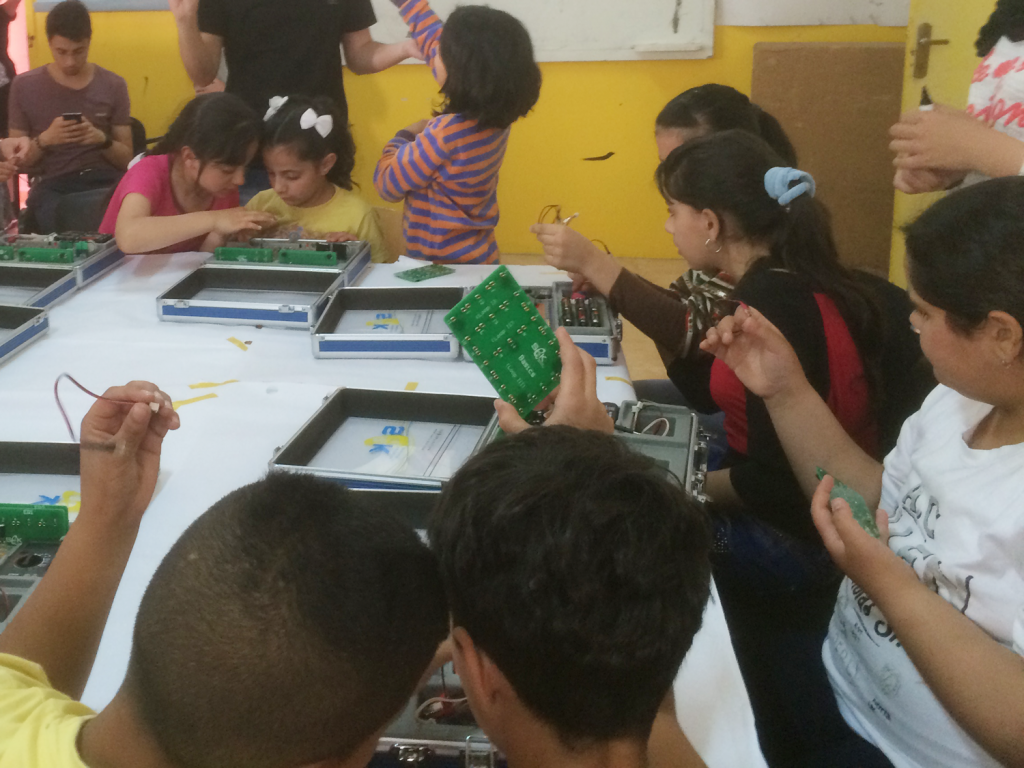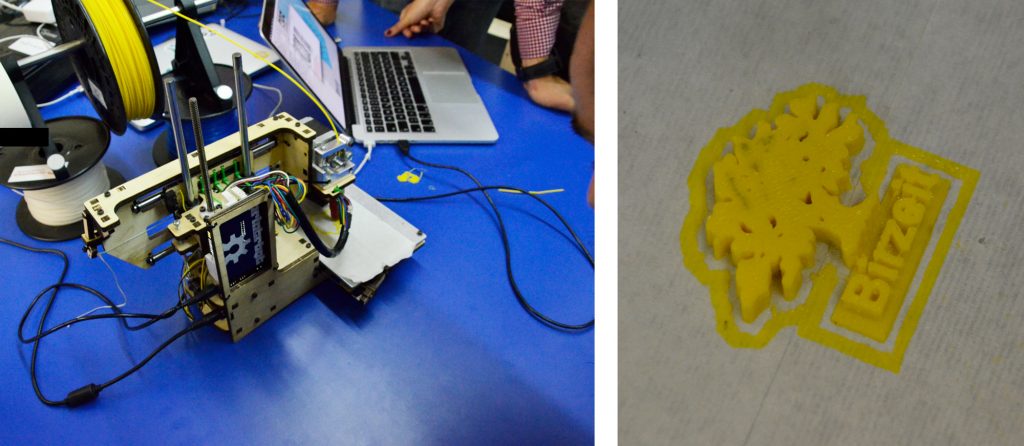This year, ATHENA European University has introduced the ‘Co-Creation Hub’. It serves as a platform to connect Fab Labs, Makerspaces and Design Factories and to promote joint projects and collaborations.
ATHENA, a union of medium-sized higher education institutions from nine European countries, including the University of Siegen, aims to provide inclusive, innovative and high-quality international education opportunities that always take the needs of the global market into account.
As part of the ‘Co-Creation Hub’, on June 29-30, 2023, an intensive workshop was held at the Design Factory in Porto, where ATHENA members were able to talk about their current projects and activities, but also challenges they are facing.

Gloria Yap Basoeki from the Fab Lab Siegen also participated in the workshop and presented our Fab Lab as well as our guiding principles, the main points being our user-focused approach and the fact that the use of our Fab Lab is free of charge. This is because we pursue the goal of democratizing technology and making it accessible to all.

Participants also began to design a pilot program that aims to help ATHENA students to solve real-world problems using Fab Labs and Makerspaces (e.g., CNC machines or 3D printing). The pilot program is expected to be operational by the 2024 spring semester.
In addition to the workshop, Gloria visited five partners from three EDIHs (European Digital Innovation Hub) in Portugal with Robert Fischbach, research associate at the University of Siegen, to learn more about their structural organization and explore possibilities for future collaborations.

International Visiting Researcher Programme
During the EDIH visits to INESC TEC, Andreia Passos pointed out an exciting Researcher Program for HCI students and researchers: the International Visiting Researcher Programme. It is for researchers, including master’s and doctoral students, working outside Portugal at universities or in other organizations. It offers the opportunity to spend up to three months in Portugal working with INESC TEC researchers on topics of common interest. The organization is a world leader in information and communications technology (ICT) research and development and it supports the advanced training of researchers and their active participation in international collaborative networks.
Applications will be accepted on a rolling basis through November 30, 2023, as long as there are openings for the research internships or the allocated funds are exhausted. The paid research internships can take place between August 1, 2023 and July 31, 2024.
You can find more information and the application requirements here.
We would like to thank ATHENA European University for organizing this workshop. It was very exciting to exchange ideas and thoughts with other dedicated Fab Labs and Makerspaces. We are happy to be a part of this and are looking forward to what we can achieve together in the future!


